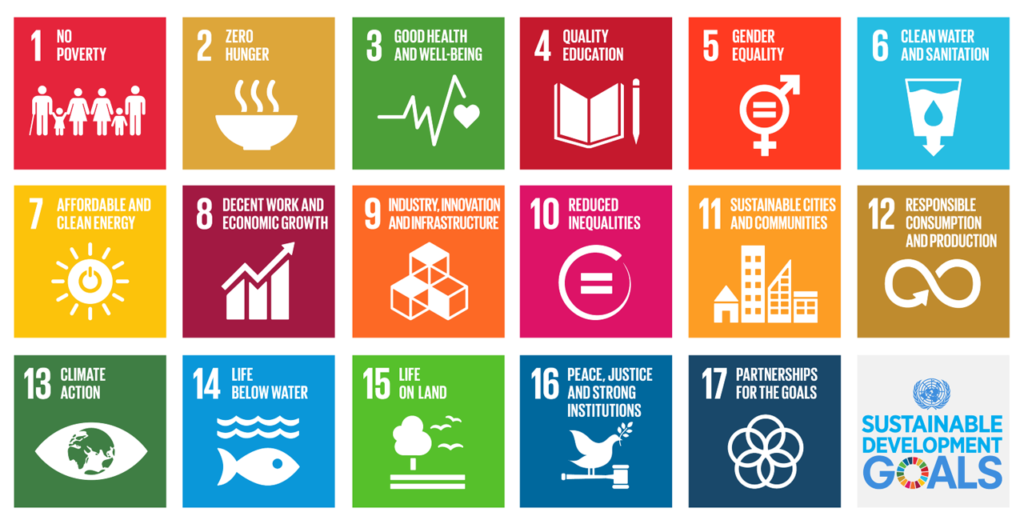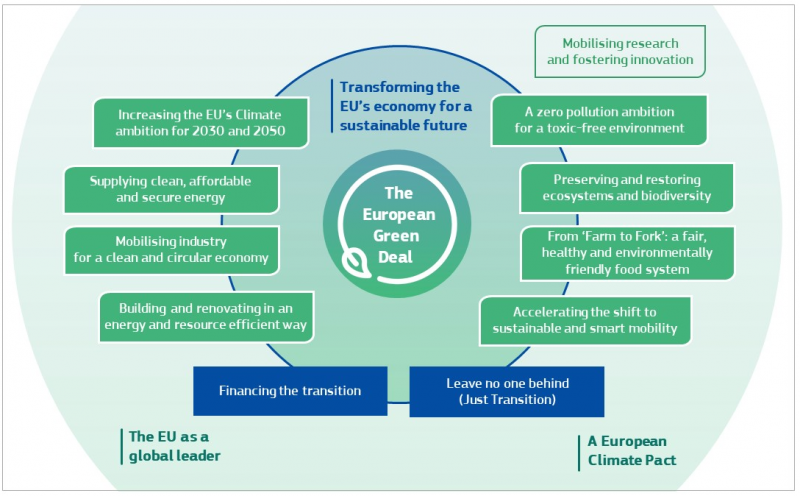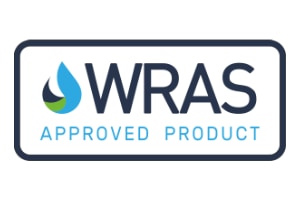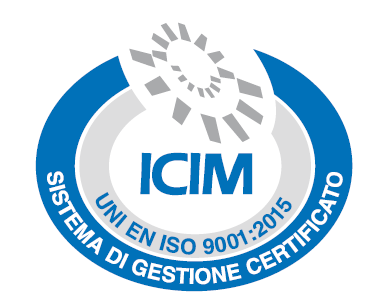Menu
Lack of resources, price volatility, interdependence between countries… all challenges that we are facing and that require even greater adaptability and resilience than before.
At this rate, what awaits us in the future?
One answer, probably the only one, is contained in the sustainability policies promoted by the world’s leading decision makers in the last few years.
So let’s try to understand what there is behind the term Sustainability, a word that is vastly abused, but which will have significant repercussions on our lives, both as businesses and as individuals, in the coming years.
The UN World Commission on Environment and Development defined sustainable development as: “…development that meets the needs of the present without compromising the ability of future generations to meet their own needs.”.
To achieve it, we have to harmonize three fundamental elements: economic growth, social inclusion and environmental protection.

On 25 September 2015, the United Nations General Assembly adopted the “2030 Agenda” for sustainable development, which outlines the guidelines for the next 15 years.
The 17 Sustainable Development Goals included in the “2030 Agenda” represent the global action plan to eradicate poverty, protect the planet and ensure prosperity for all.
The 17 objectives refer to different areas of social, economic and environmental development, but they must be considered as a whole, together with the processes that can promote sustainability.
Besides, the European Green Deal is part of the European Commission’s strategy to implement the “2030 Agenda” and the UN Sustainable Development Goals.
With the European Green Deal, Europe intends to be the first continent to achieve climate neutrality, becoming a modern and resource-efficient economy.
The European Green Deal is a green transformation policy, a sort of a pact in which the different players in the system must find a new living balance.
It is the “EU’s growth strategy that aims to transform the EU into a fair and prosperous society, with a modern, resource-efficient and competitive economy where there are no net emissions of greenhouse gases in 2050 and where economic growth is decoupled from resource use.”
The image below illustrates the different elements of the Green Deal

The transition will bring about substantial changes. Therefore, for policies to work and be accepted, we will need the active participation of citizens and businesses, beside believing in the process.
Economic activities must become sustainable and the use of goods and services must be conceived from a sustainable and circular perspective of from now on.
SUSTAINABILITY becomes the company’s strategy:
Being a sustainable business means managing the available resources efficiently and strategically, whether they are natural, financial, human, or relational. In this way, you not only generate value for your company, but you also contribute to the growth, improvement and socio-economic development of the communities where you operate and of the stakeholders that are part of your value chain.
How to implement corporate sustainability?
The first element to take into consideration concerns the values and the governance model of the company. Both, in fact, must include the principles of sustainability.
The second element concerns the product (or service) sustainability during its life cycle, so that the supply chains are able to regenerate themselves, and they no longer face the difficulties we mentioned at the beginning.
The third element is the operational aspect, that is, the integration of sustainability principles within the business processes. Sustainability is transversal to all functions and to all business processes, since it concerns not only “what the company does” but also “how it does it”.
To be implemented, corporate sustainability must become part of the corporate culture. The creation of a culture oriented towards sustainability involves the consolidation of eco-friendly practices within the company. For this reason, it is important that organizations undertake a path, made of small steps, which leads to integrating sustainability into their way of operating, laying the foundations for a real transformation of their culture.
In IDRAL the path in this direction has already begun, and we have taken several steps to achieve sustainability, such as:
– Extension of the production plant built in 2020 respecting all the measures to optimize energy-climate efficiency, both from the lay-out and the materials point of view;
– Replacement throughout the plant of traditional lights with LED lamps;
– Replacement of traditional boilers with condensing ones;
– 100% recovery of brass processing scraps to reuse them as raw material;
– Maximum attention and awareness towards the separate collection of materials resulting from all company processes;
– Use of reusable technical cleaning cloths;
– Replacement of the plastic bags of the packaging with bags in biodegradable material;
– Use of recycled paper as filling material for shipping boxes;
– Use of FSC labelled boxes;
– Installation of drinking water dispensers, that filter the water from the water supply system, in order to reduce the use of plastic bottles by employees;
And we are implementing new measures:
– Continuous revision of the packaging from a sustainable point of view (biodegradable bubble wrap, use of FSC Recycled paper and pallets, eco-friendly adhesive tapes, etc.);
– Revision of office processes to minimize the use of paper, making the most of computerized archiving and digital communication methods;
– Replacement of paper instructions inside the product packaging with QR-code printed on the label outside the boxes;
– Installation of photovoltaic system;
– Review of the design and procurement process, preferring solutions that allow a supply chain as sustainable as possible, where there is the technical possibility;
– Continuous improvement of the energy and climate efficiency of company spaces.
We will keep you updated on our progress along the path of sustainability, aware that we are facing an enormous challenge with unimaginable repercussions for our future and that of our children.
By Chiara Vasconi
Managing director




Keep up to date
Idral S.p.a. a socio unico – Via Isei 8/10 – 28010 Gargallo (NO) Italia
Cap. Soc. € 660.000 i.v. | C.F. e Iscr. reg. imp. NO 00124610031 | REA n° 104665 | C.C.I.A.A. Novara | P.IVA 00124610031